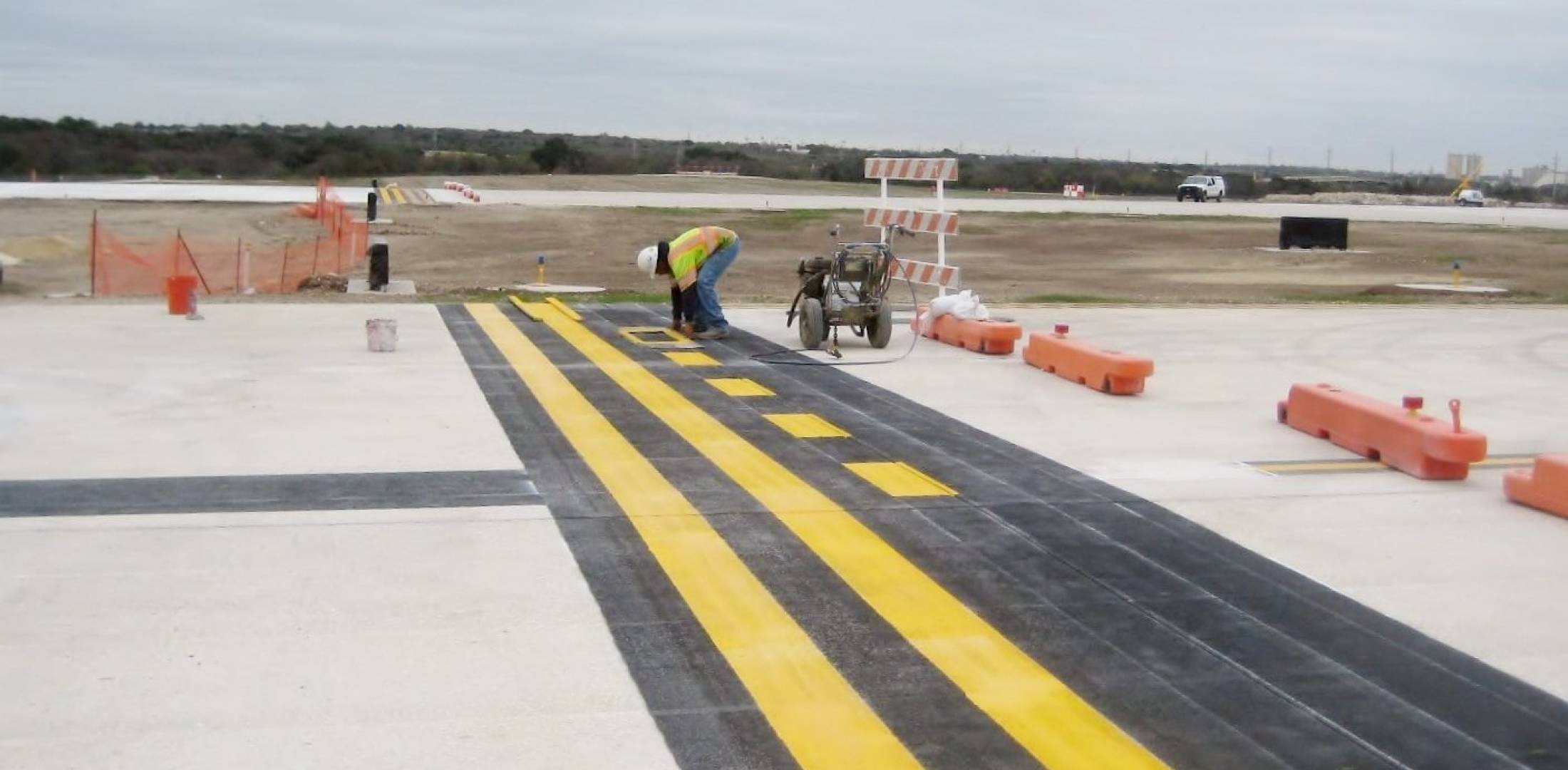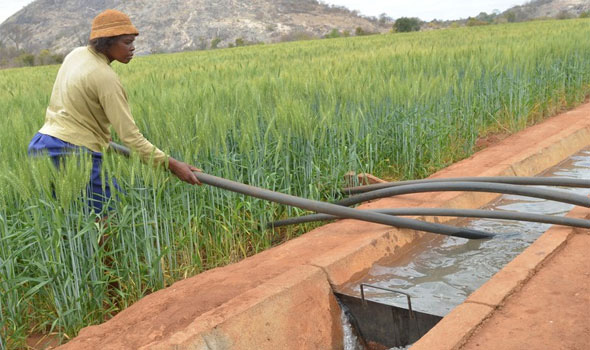Tigere REIT targets US$100m NAV by F26: Acquisitions set to boost growth, dividends!
HARARE – The Tigere Real Estate Investment Trust (REIT) has set an ambitious target to grow its Net Asset Value (NAV) to US$100 million during the 2026 financial year, driven by strategic acquisitions and a focus on yield-accretive properties.
The Tigere REIT, which has already seen a 50% increase in NAV following the acquisition of Highlands Park Phase 2 in 2024, is now eyeing the acquisition of Greenfields and Ruwa Retail Phase 1 in Q3 2025. These acquisitions are expected to further boost the REIT’s NAV and enhance dividend payouts for unit holders.
Speaking at a webinar hosted by SECZIM, “Understanding Real Estate Investment Trusts (REITS) and Ways to Invest in REITS,” Cornelius Mubi, Investment Officer at Terrace Africa, said the Tigere REIT’s fund objective is to generate excess risk-adjusted returns through the acquisition and active management of high-quality real estate assets. By diversifying its portfolio and focusing on income-producing properties, the REIT aims to reduce the correlation between asset returns and deliver consistent value to investors.
“This highlights our interim target to reach a portfolio NAV of over US$100 million during 2026. We achieved a 50% jump in our NAV following the acquisition of Highland Park Phase 2, and we expect a further boost in both NAV and portfolio yield after we acquire Greenfields and Ruwa Phase 1 retail. The acquisition of yield-accretive assets is part of Tigere REIT’s broader strategy to expand its portfolio, provide improved liquidity and bolster its dividend flow.”
Tigere strives to ensure that each acquisition increases the quality of its portfolio and enhances earnings per unit over time. The inclusion of Highland Park Phase 2 last year, which was purchased at an 8.5% acquisition yield, is a testament to Tigere’s strategy of focusing on properties that drive long-term value.
In addition to these new acquisitions, Tigere REIT holds a preemptive right to acquire a pipeline of development properties in 2026, which is expected to further bolster its NAV and support its target of reaching $100 million by the end of that year. Further to these developments, Tigere is also exploring the option of including regional assets to geographically diversify its income base.
“As we look to 2026, we have a pre-emptive right to acquire a pipeline of projects. It’s a matter of us deciding on which assets best suit the portfolio from a diversification and income perspective. We are working on some exciting new mixed use projects in Harare.”
Tigere REIT’s investment policy emphasizes diversification across income-producing real estate, undeveloped land, and development projects. The REIT invests in properties held under full title or leasehold (with a minimum 20-year lease) to de-risk its portfolio. While undeveloped land investments are capped at 10% of NAV, development projects cannot exceed 20% of NAV at the time of purchase.
The REIT also has the flexibility to invest in listed equities and bonds, with a maximum allocation of 30% of the total portfolio. This diversified approach ensures stability and reduces exposure to market volatility.
Tigere REIT has demonstrated robust performance since its listing, outperforming the Zimbabwe Stock Exchange (ZSE) All-Share Index. In 2024, the REIT’s share price grew by 146% in nominal terms, compared to the ZSE’s 117% growth over the same period. This strong performance underscores the REIT’s ability to deliver real returns to unit holders, even in a challenging economic environment.
REITs offer several advantages, including predictable cash flows, low correlation with traditional stock markets, and high diversification benefits. Tigere REIT’s low correlation coefficient of 0.14 against the stock market highlights its potential to enhance portfolio diversification for investors.
Globally, REITs have consistently outperformed other asset classes, including stocks, private real estate, and bonds, over the past two decades. This trend has driven increased demand for REITs as investors seek stable, income-generating assets.
In Zimbabwe, REITs are governed by the Collective Investment Schemes Act, Income Tax Act, and Securities Exchange Act. Publicly listed REITs, like Tigere, are required to distribute at least 80% of their earnings as dividends annually, providing unit holders with a steady income stream. Additionally, REITs are exempt from corporate income tax, ensuring that unit holders are only taxed once at the dividend withholding tax level.
To protect retail and institutional investors, REITs must have a minimum of 100 unitholders, ensuring broad-based participation and accountability. Furthermore, they are also obliged to pay out a minimum of 80% of their net distributable earnings, providing a consistent dividend flow for unit holders.-finx











